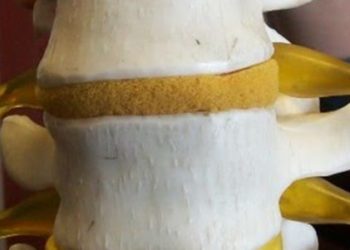[Arch Intern Med.] Common environmental exposure linked to cardiovascular disease
Image: CC.
Primer: Recent evidence suggests the typical risk factors – smoking, obesity, and genetics – in cardiovascular disease (CVD) leave a portion of cases unaccounted for, inviting postulates that environmental exposures may play a role. Perfluorooctanoic acid (PFOA) – a common man-made chemical, is found in lubricants, polishes, paper and textile coatings, food packaging, and fire-retarding foams. It is also found in 98% of the blood in the U.S. population. It has been linked to higher cholesterol levels and higher uric acid levels in humans and possible biological etiologies have been postulated. PFOA has never been assessed as an individual risk factor for CVD in humans and current epidemiological data is conflicting.
This [cross-sectional] study: 1216 subjects, all greater than 40 years old, from the National Health and Nutritional Examination Survey (1999-2003) were examined for serum PFOA levels. Primary outcomes were self-reported CVD as well as confirmed peripheral artery disease (PAD) via ankle brachial index. After controlling for age, sex, race/ethnicity, smoking status, body mass index, diabetes mellitus, hypertension, and serum cholesterol level, those with highest levels (quartile 4) of PFOA had greater odds of both CVD (OR 2.01, 95% CI 1.12 to 3.60, p=.04) and PAD (OR 1.78, 95% CI 1.03 to 3.08, p=.01).
In sum: PFOA exposure is independently associated with self-reported CVD and objectively measured PAD. This association persisted after controlling for typical cardiovascular risk factors. Cross-sectional data cannot establish causality, and though the authors do propose several biological etiologies for the association, temporal data remains to be seen. The cross-sectional nature may lead to missing patients who died of CVD – the primary outcome. The CVD numbers, being self-reported, could be subject to data skewing through recall bias. The study does bring strengths as it is relatively representative of the current U.S. population and suggests that even relatively low levels of PFOA encompass risk, which may be lessened by removing PFOA from products.
Click to read the report in the Archives of Internal Medicine database.
© 2012 2minutemedicine.com. All rights reserved. No works may be republished or reproduced without written consent obtained from 2minutemedicine.com.






